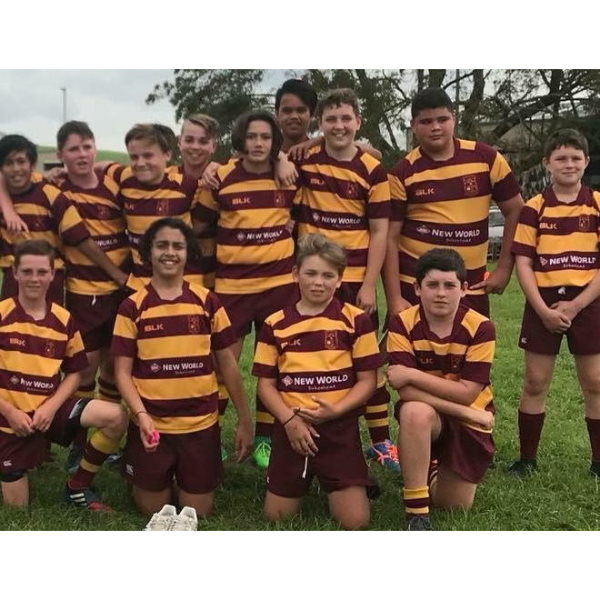
J8-1
Safe Environment
Ultimately we want our players wanting to be at training and at the games. This desire has little to do with the game or their ability and more about the team environment.
- Categoryculture
- Last UpdatedSep 2021
A great team isn't primarily about their ability or results. A great team is a group that people want to be a part of.
There is a lot we could talk about here and books have been written on the topic but if we start with a concept and why we want to do this then we can be conscious about the how we achieve it and are we heading in the right direction.
A Safe Environment
We should start ensuring that our environment is a safe place both physically and mentally. Nobody wants to be somewhere where they may get hurt or experience negative feelings. A place where our players feel safe and positive then they are more likely to be a positive influence themselves.
We can't be 'social workers' and take care of outside problems but we can provide a place where for an hour they perhaps don't have to think or worry about other issues in their lives. A place of support around the common enjoyment of our sport where we are all working together to improve.
If you do have any concerns about players in your team please reach out to the committee for assistance.
Think about what this looks like for you. Talk about it with your coach and management team. Talk about it with your team and agree on it. Create some 'messages' that you will use and repeat throughout the season. These messages are helpful to quickly say and remind players without the need for long talks.
Knowing how to get to this 'environment' takes a lot of experience. The All Blacks have been working on it for 120 years and there are lots of stories about when they lost their way or just got it wrong. But if you have that end goal, that concept and are conscious about it you will head down the right path.
Some guidelines for coaches to create an environment of inclusion:
- Always give the same level of respect to everyone.
- Never tolerate derogatory or belittling language between athletes.
- Listen and display empathy to all athletes.
- Remember that some disabilities may not be easily noticeable and can be hidden, such as dyslexia and Attention-Deficit/Hyperactivity Disorder.
- Be considerate of the extra time athletes may need.
- Games, and sports in general, are to be played for fun.

